Antonio Salieri, an Italian composer in Vienna
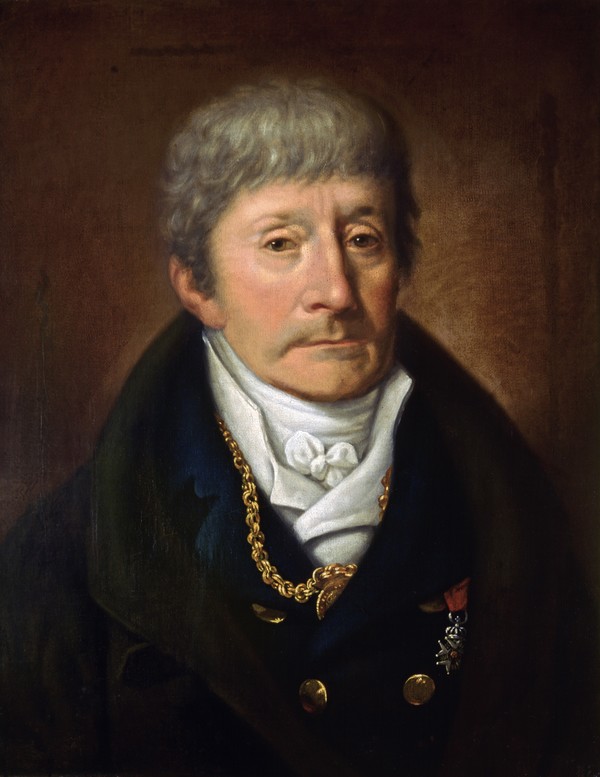
[아츠앤컬쳐] 1750년 이탈리아 베로나 인근 레냐고에서 태어난 안토니오 살리에리는 어린 시절 일찍 음악적 재능을 드러냈다. 그는 십대에 부모를 여의고 음악의 중심지 비엔나로 향하여, 곧 그곳에서 입지를 다졌다. 글루크와 같은 작곡가들의 천재성이 빛나고 오케스트라의 연주가 울려 퍼지던 활기찬 도시, 그곳에 발을 들인 순간을 상상해 보자! 살리에리는 그의 헌신과 실력으로 곧 황실 궁정의 주목을 받게 된다.
1774년, 살리에리는 테레제 헬퍼스도르퍼를 만나고 이듬해 결혼했다. 두 사람 사이에는 여덟 명의 자녀가 있었는데, 그 중 넷이 살리에리보다 먼저 세상을 떠났다. 그의 출세는 눈부셨다. 1788년, 38세의 나이에 합스부르크 궁정에서 악장이라는 명예롭고 영향력 있는 자리에 올라 무려 36년간이나 유지했다. 그는 오페라, 종교 음악, 기악곡을 작곡하고 지휘하면서 비엔나 상류층의 음악 취향을 형성해 나갔다.
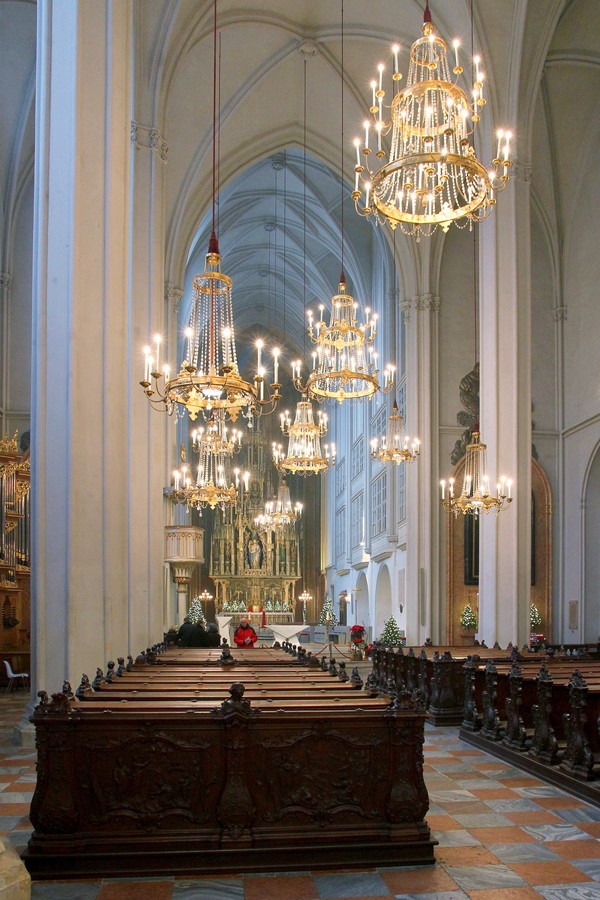
살리에리의 오페라는 특히 큰 인기를 끌었다. ‘레 다나이드’, ‘타라레’, ‘오르무스의 왕 악수르’와 같은 작품은 유럽 전역에서 환영받았으며, 그의 극적 감각과 선율적 창의력을 보여주었다. 이러한 작품들은 일시적인 유행을 넘어서 상당 기간 오페라 레퍼토리의 중심에 있었고, 이탈리아적인 우아함과 당시 고전주의 양식이 어우러진 독특한 매력을 지니고 있었다. 그의 아리아와 합창곡에서 그 우아함과 열정을 고스란히 느낄 수 있다.
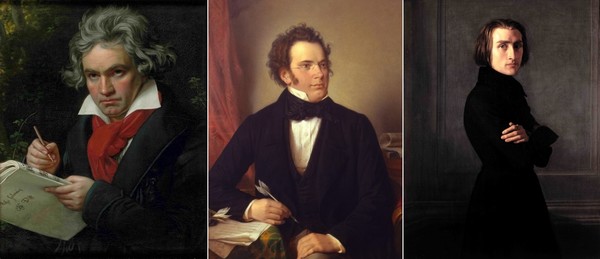
작곡 활동 외에도 살리에리는 헌신적이고 영향력 있는 스승이었다. 이 지점에서 흔히 이야기되는 살리에리와 모차르트 간의 ‘경쟁’은 과장된 측면이 있다. 물론 드라마틱한 이야기로는 흥미롭지만, 역사적 기록은 보다 복잡하고 미묘한 관계를 보여준다. 살리에리는 실제로 프란츠 슈베르트, 프란츠 리스트, 그리고 모차르트의 아들인 프란츠 크사버 볼프강 모차르트를 비롯한 많은 음악가들의 재능을 발견하고 키워낸 존경받는 인물이었다. 그의 손을 거친 음악적 계보를 생각해보면 놀랍기만 하다. 그는 재능을 알아보는 안목이 있었고, 그것을 기르는 데 아낌없는 열정을 지닌 사람이었다.
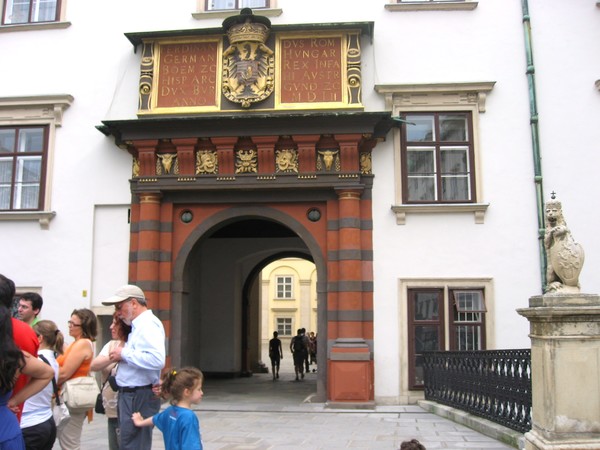
물론 비엔나의 활발한 음악계 속에서 직업적인 경쟁은 있었을지 몰라도, 살리에리가 악의를 품었다는 확실한 증거는 거의 없다. 이는 확실한 근거도 없이 흥미로운 이야기가 쉽게 사실처럼 받아들여지는 현상을 상기시켜 준다.
말년에도 살리에리는 작곡과 교육을 계속하며 많은 작품을 남겼다. 그의 음악은 18세기 후반에서 19세기 초반에 이르는 음악 세계를 엿볼 수 있는 흥미로운 창이며, 바로크와 낭만주의 시대를 잇는 다리 역할을 한다. 그는 비엔나에서 이탈리아어 오페라를 주도했고, 40여 오페라를 작곡하여 유럽 전역에서 널리 공연하였으며, 오페라 장르 발전에 지대한 영향을 미친 인물로 동시대 작곡가들에게 지대한 영향을 미쳤다. 그는 1825년에 비엔나에서 사망하여 마츠라인스도르프 묘지에 묻혔고, 오늘날에는 비엔나 중앙 묘지에서 찾아볼 수 있다.
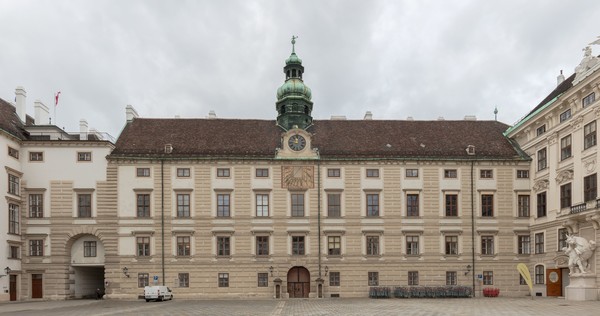
Antonio Salieri, an Italian composer in Vienna
Born in Legnago, near Verona, Italy, in 1750, Salieri's musical talent blossomed early. Orphaned as a teenager, he found his way to Vienna, the vibrant heart of the musical world, where he quickly established himself. Imagine arriving in such a bustling city, filled with the sounds of burgeoning orchestras and the genius of composers like Gluck! Salieri, through his dedication and skill, soon caught the attention of the imperial court.
In 1774, Salieri met Therese Helfersdorfer, and got married in 1775. The couple had eight children together, four of whom survived their father. His rise was remarkable. By 1788, 38 year old, he held the prestigious and influential position of Kapellmeister to the Habsburg court, a role he maintained for an impressive thirty-six years. He conducted, composed operas, sacred music, and instrumental works, shaping the musical tastes of the Viennese elite.
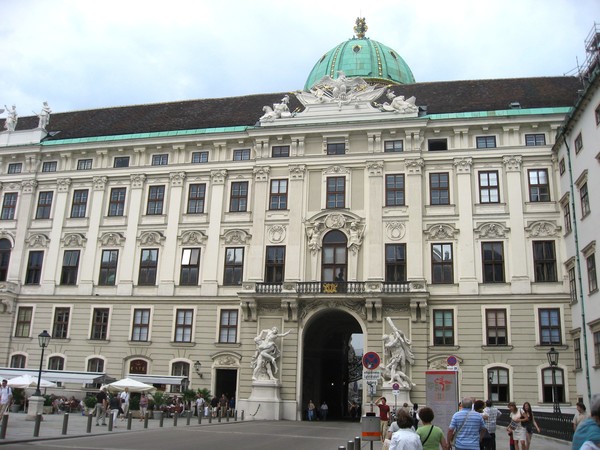
Salieri's operas were particularly successful. Works like Les Danaïdes, Tarare, and Axur, re d'Ormus were celebrated throughout Europe, showcasing his dramatic flair and melodic invention. These weren't just fleeting successes; they were staples of the operatic repertoire for a considerable period. His music possessed a distinctive Italianate charm blended with the evolving Classical style of the era. You can almost hear the elegance and passion in the arias and ensembles he crafted.
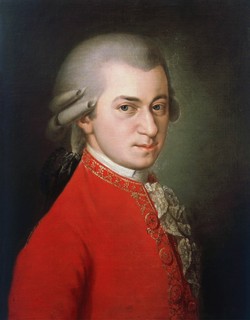
Beyond his own compositions, Salieri was a dedicated and influential teacher. And here's where the narrative often gets twisted. While the fictionalized rivalry with Mozart is a compelling story, historical evidence paints a more nuanced picture. Salieri was, in fact, a respected figure who nurtured the talents of many composers, including Franz Schubert, Franz Liszt, and even Mozart's own son, Franz Xaver Wolfgang Mozart. It's fascinating to consider the lineage of musical knowledge that passed through his hands. He recognized talent and invested in its development. While there may have been professional competition – which was common in the vibrant musical scene of Vienna – there's little credible evidence to support the idea of malicious intent. It's a reminder of how easily perception can be shaped by compelling stories, even without solid factual basis.
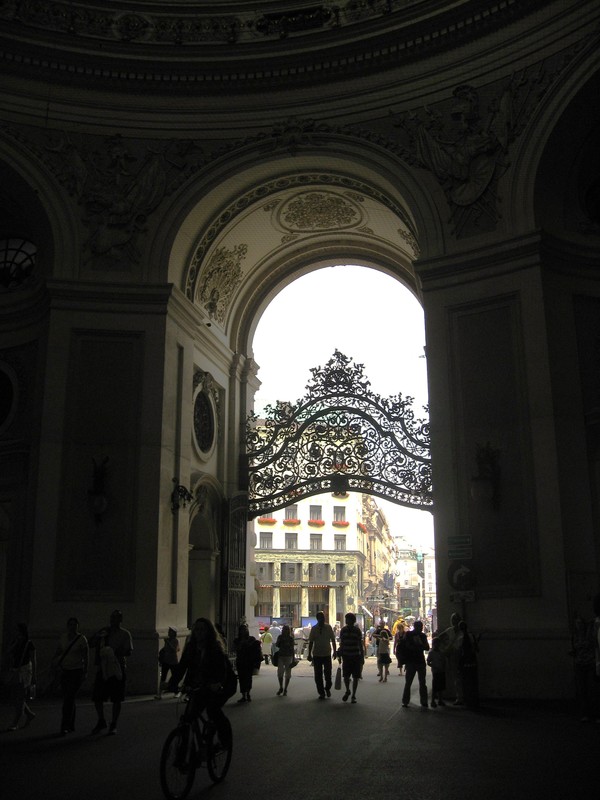
In his later years, Salieri continued to compose and teach, leaving behind a substantial body of work that deserves to be revisited and appreciated on its own merits. His music offers a fascinating glimpse into the musical landscape of the late 18th and early 19th centuries, bridging the gap between the Baroque and Romantic eras.
Salieri dominated Italian-language opera in Vienna. He composed over 40 operas, which were widely performed throughout Europe, and had a profound influence on the development of the opera genre and on contemporary composers. He died in Vienna in 1825 and was buried in the Matzleinsdorf cemetery, and is today buried in the Vienna Central Cemetery.
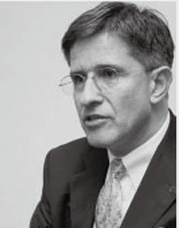
글 | 볼프강 슬라빈스키 Wolfgang Slawinski
서울명예시민
한·오스트리아협회 회장

